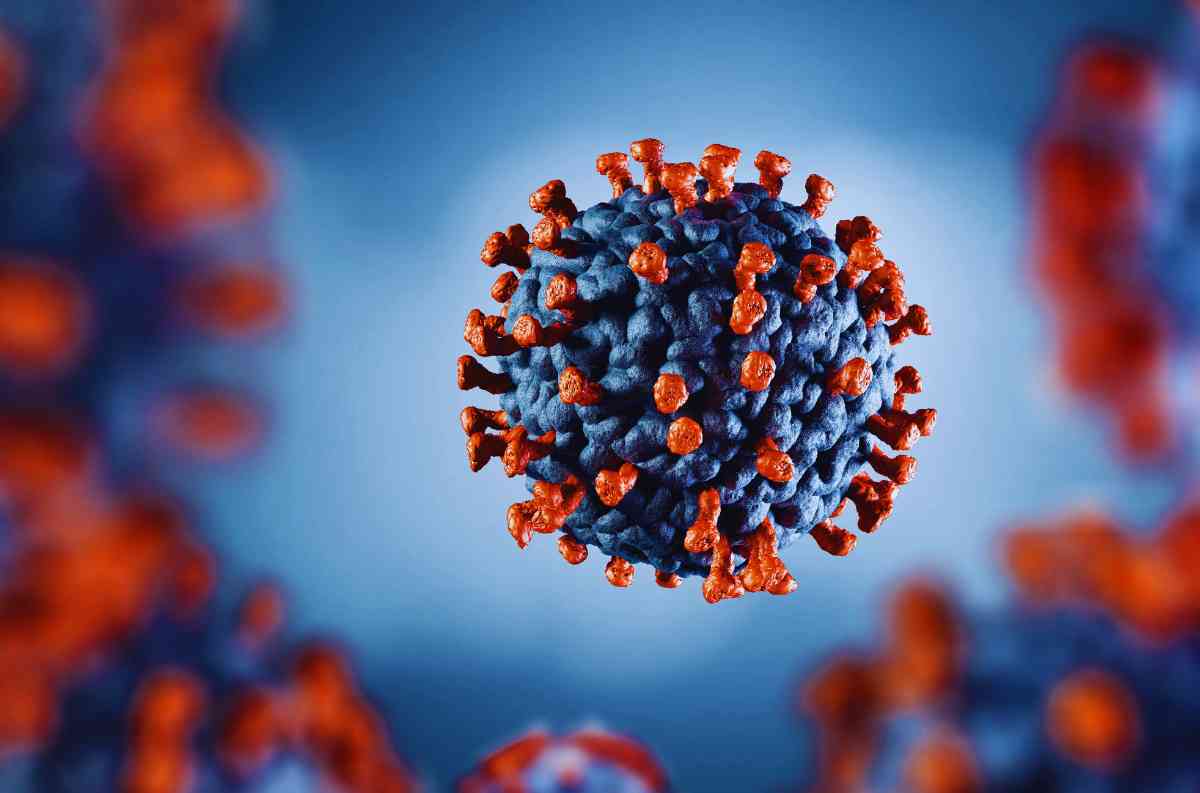Cases of Human Metapneumovirus (HMPV) are on the rise in India, particularly affecting children in cities such as Bengaluru, Ahmedabad, Nagpur, Tamil Nadu, and Maharashtra. This virus typically causes mild illness in adults but poses a significant risk to vulnerable populations, including children under five years old, seniors over sixty, and individuals with weakened immune systems.Dr. Vikas Mittal, Director and Pulmonologist at CK Birla Hospital in Delhi, reported that recent cases in Karnataka show positive recovery trends among affected children. Notably, a three-month-old patient has already been discharged. However, he cautioned that HMPV can lead to severe respiratory issues like bronchitis and pneumonia in high-risk individuals, which may require oxygen therapy. Fortunately, the overall case fatality rate for HMPV remains low compared to other respiratory viruses, though ongoing monitoring is essential to understand the virulence and transmissibility of the current strains. Currently, there is no specific antiviral treatment or vaccine for HMPV. Dr. Mittal emphasized that antibiotics are ineffective against this viral infection since they only target bacteria. Treatment primarily involves supportive care aimed at symptom management. Mild cases typically require rest, hydration, and over-the-counter medications for relief. In more severe cases where complications arise, hospitalization may be necessary for interventions such as oxygen supplementation and intravenous fluids.
Safety Measures
To mitigate the spread of HMPV and protect vulnerable populations, Dr. Mittal recommends several preventive strategies:
- Good Hygiene Practices: Regular handwashing with soap and water or using hand sanitizers.
- Mask Wearing: Especially in crowded places or when interacting with high-risk individuals.
- Respiratory Etiquette: Covering the mouth and nose when coughing or sneezing to prevent droplet transmission.
Dr. Mittal reassured that while HMPV can lead to severe illness in certain groups, the overall risk remains manageable with appropriate care and preventive measures. Continuous vigilance is necessary as health authorities monitor the situation closely.
What are the most effective preventive measures for HMPV
To effectively prevent the spread of Human Metapneumovirus (HMPV), individuals should adopt a combination of hygiene practices and safety measures. Here are the most effective strategies:
Preventive Measures for HMPV
- Practice Good Hygiene:
- Wash hands frequently with soap and water for at least 20 seconds, especially after coughing, sneezing, or being in public places.
- Use alcohol-based hand sanitizers (with at least 60% alcohol) when soap is unavailable.
- Avoid Close Contact:
- Steer clear of individuals exhibiting respiratory symptoms.
- Maintain physical distance from others, particularly in crowded settings.
- Wear Masks:
- Use masks in crowded or enclosed spaces to reduce the risk of inhaling respiratory droplets that may contain the virus.
- Disinfect Surfaces:
- Regularly clean and disinfect frequently touched surfaces such as doorknobs, light switches, and mobile devices to eliminate potential virus sources.
- Ensure Proper Ventilation:
- Keep indoor spaces well-ventilated by opening windows or using air filtration systems to decrease airborne transmission.
- Stay Home When Sick:
- Isolate yourself if you exhibit symptoms of HMPV or any respiratory illness to prevent spreading the virus to others.
- Monitor Health Closely:
- Be vigilant for symptoms like fever, cough, or difficulty breathing, and seek medical attention if they worsen.
- Avoid Crowded Places:
- Limit exposure to crowded environments during peak respiratory illness seasons to reduce the likelihood of infection.
By following these preventive measures, individuals can significantly lower their risk of contracting and spreading HMPV, especially among vulnerable populations such as young children, the elderly, and those with compromised immune systems.
With inputs from agencies
Image Source: Multiple agencies
© Copyright 2024. All Rights Reserved Powered by Vygr Media.





















